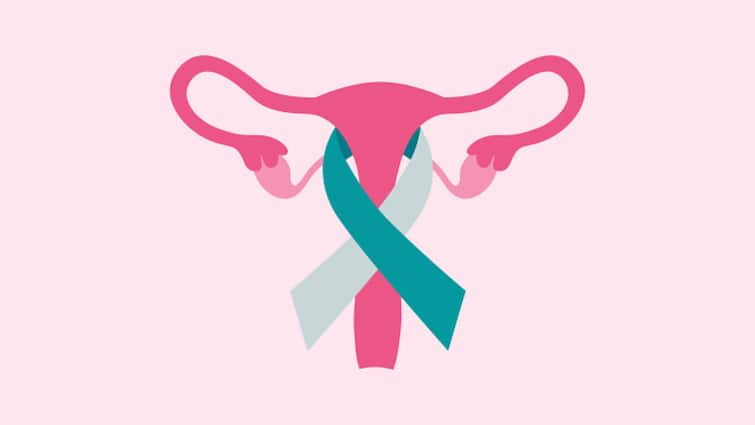6 Health Risks Of Poor Menstrual Hygiene

1. Reproductive Tract Infections (RTIs): Poor menstrual hygiene can lead to reproductive tract infections such as bacterial vaginosis, yeast infections, and pelvic inflammatory disease (PID). Bacteria thrive when menstrual blood remains in contact with the body for extended periods. Regularly changing sanitary products and using clean materials can significantly reduce these risks. (Image source: getty images)
Download ABP Live App and Watch All Latest Videos
View In App
2. Urinary Tract Infections (UTIs): Unsanitary conditions during menstruation can introduce bacteria into the urethra, leading to UTIs. Symptoms include a burning sensation during urination, frequent urination, and cloudy or strong-smelling urine. Maintaining cleanliness and changing sanitary products frequently can help prevent UTIs. (Image source: getty images)

3. Cervical Cancer: There is evidence linking poor menstrual hygiene to an increased risk of cervical cancer. Exposure to harmful bacteria and infections due to inadequate menstrual hygiene can contribute to the development of cancerous cells in the cervix. Using clean, safe menstrual products and maintaining good hygiene practices are crucial for reducing this risk. (Image source: getty images)
4. Skin Irritation and Dermatitis: Using low-quality or unsanitary menstrual products can cause skin irritation, allergic reactions, rashes, and inflammation in the genital area. The damp environment created by prolonged use of menstrual products can exacerbate these conditions. Choosing hypoallergenic, breathable, high-quality products and changing them regularly is important to prevent skin issues. (Image source: getty images)
5. Fungal Infections: Fungal infections like candidiasis are common when menstrual hygiene is poor. The warm, moist environment during menstruation promotes fungal growth, particularly if sanitary products are not changed frequently. Symptoms include itching, redness, and white discharge. Regularly changing sanitary products and maintaining dryness can help prevent these infections. (Image source: getty images)
6. Psychological Stress and Anxiety: Poor menstrual hygiene can lead to stress and anxiety due to fear of leaks, odors, and infections. Inadequate access to proper menstrual products and facilities can cause embarrassment and social isolation, impacting mental health. Ensuring access to appropriate menstrual hygiene products and education on menstrual health can alleviate these psychological burdens. (Image source: getty images)
Inputs By: Dr Jyoti Kankanala, Obstetrician & Gynecologist, Citizens Specialty Hospital, Hyderabad (Image source: getty images)

